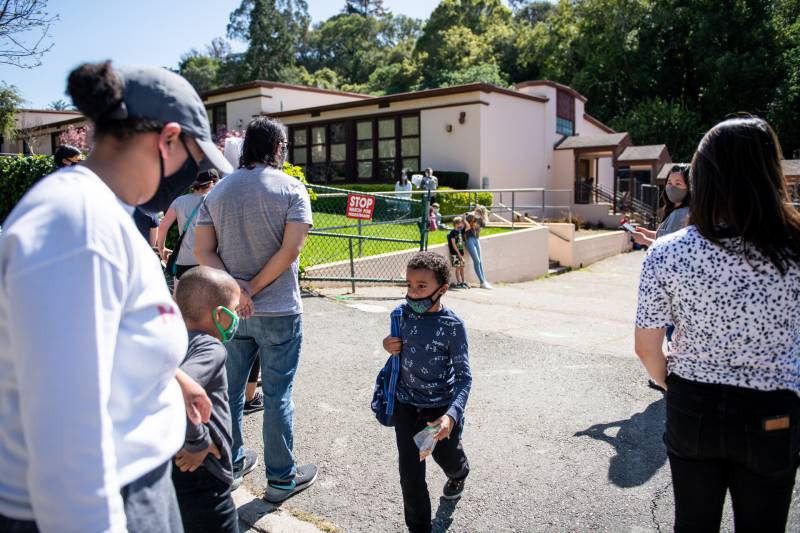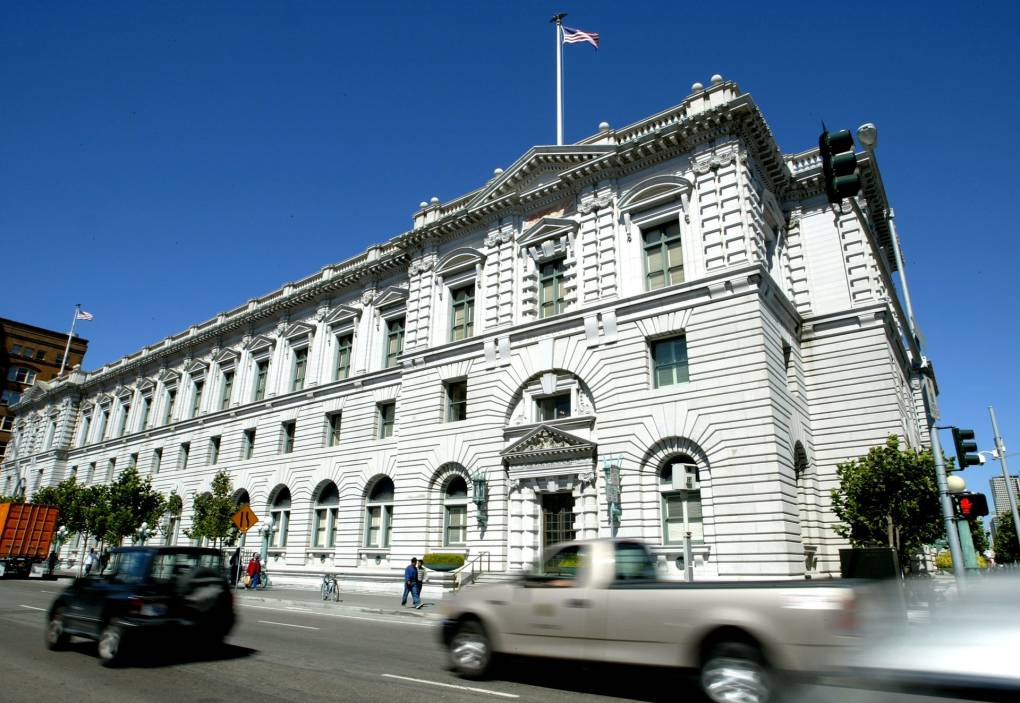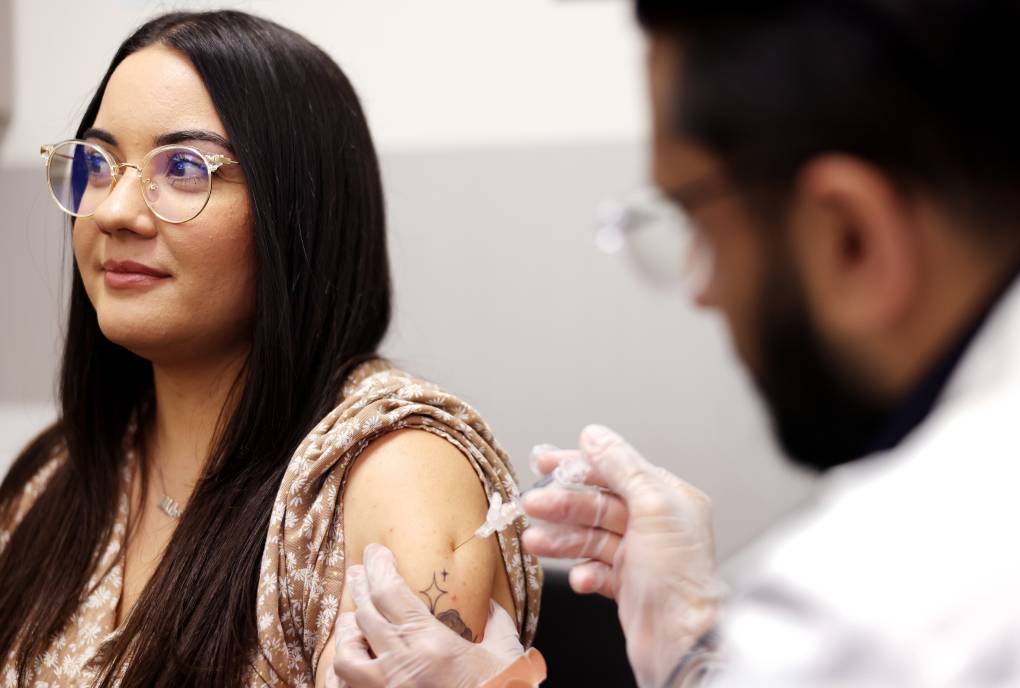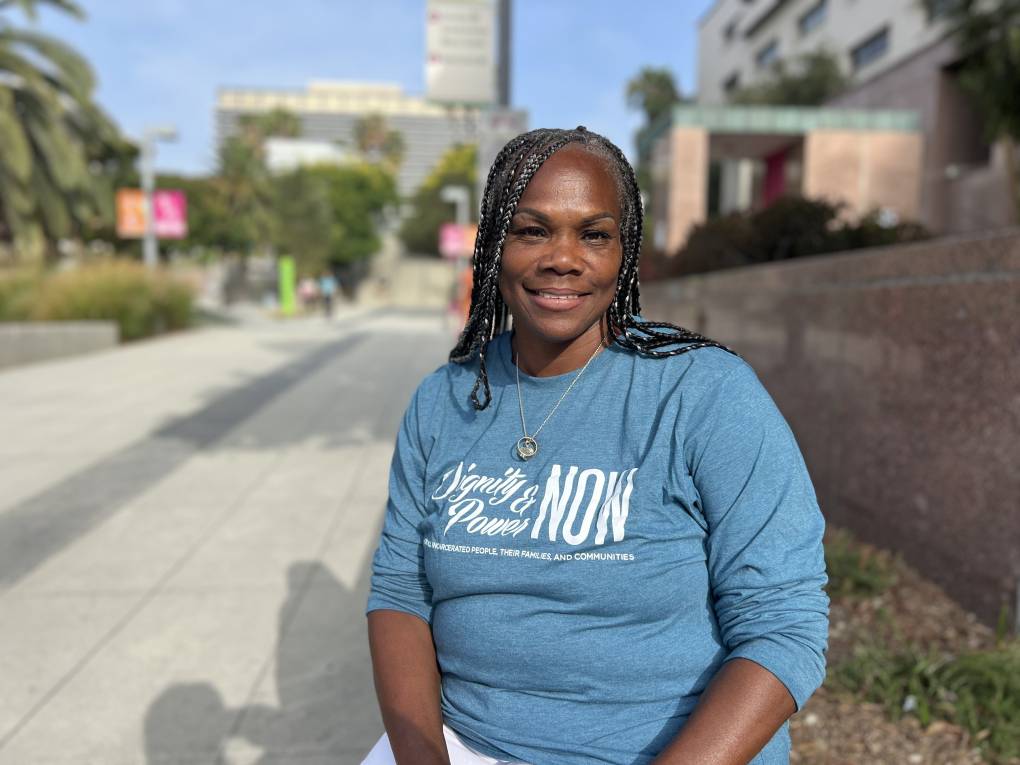Gib Brogan of Wayland, Massachusetts, said he is constantly worried about getting a call from his 10-year-old son’s school about virus exposure or infection, and he is hoping his child can be vaccinated in time for the holidays.
"I know our school district has careful protocols and procedures in place,” he said, “but every time we send him off to school, I’m thinking, ‘Are we going to get a phone call?’”
Pfizer studied the lower dose in 2,268 volunteers, age 5 to 11, and reported there were no serious side effects. The study isn’t large enough to detect any extremely rare side effects, such as the heart inflammation that has occurred, albeit very infrequently, after the second dose of the regular-strength vaccine, mostly in young men.
Cindy Schilling, an elementary school principal in West Virginia, which ranks dead last among the states in the percentage of fully vaccinated residents, said she doesn’t think many parents will take their children to get the shot.
She said she often hears them say they are more concerned about the effects of the vaccine than COVID-19, mainly because they haven’t seen any young children get dangerously sick.
“Some parents are all for it and getting it for peace of mind," she said, “but the majority of parents I’ve talked to will not be getting it.”
Heather Miller, a mother from Dexter, Maine, said no one in her family of six is rushing to get the vaccine. She said she wants to wait for follow-up studies on the formula.
“I’m not 100% against getting it eventually, but I kind of fall into the ‘not right now, wait and see’ category,” Miller said.
Offering shots to elementary school children would be another big expansion of the U.S. vaccination drive at a time when many poor countries are desperately short of vaccines. The U.S. has just begun dispensing booster shots to tens of million of older people and other vulnerable Americans.
If the FDA authorizes emergency use of the kid-size doses, the Centers for Disease Control and Prevention will make a final decision, after hearing from its outside advisers.
To avoid mix-ups, Pfizer is planning to produce the lower-dose vials specially marked for use in children.
Moderna has requested FDA permission to use its vaccine in 12- to 17-year-olds and is also studying its shots in elementary school children. Both Pfizer and Moderna are studying even younger children as well, down to 6-month-olds. Results are expected later in the year.
“It makes me very happy that I am helping other kids get the vaccine,” said Sebastian Prybol, 8, of Raleigh, North Carolina. He is enrolled in Pfizer’s study at Duke University and doesn’t yet know if he received the vaccine or placebos.
“We do want to make sure that it is absolutely safe for them,” said Sebastian’s mother, Britni Prybol. But she said she will be “overjoyed” if the FDA clears the vaccine.



